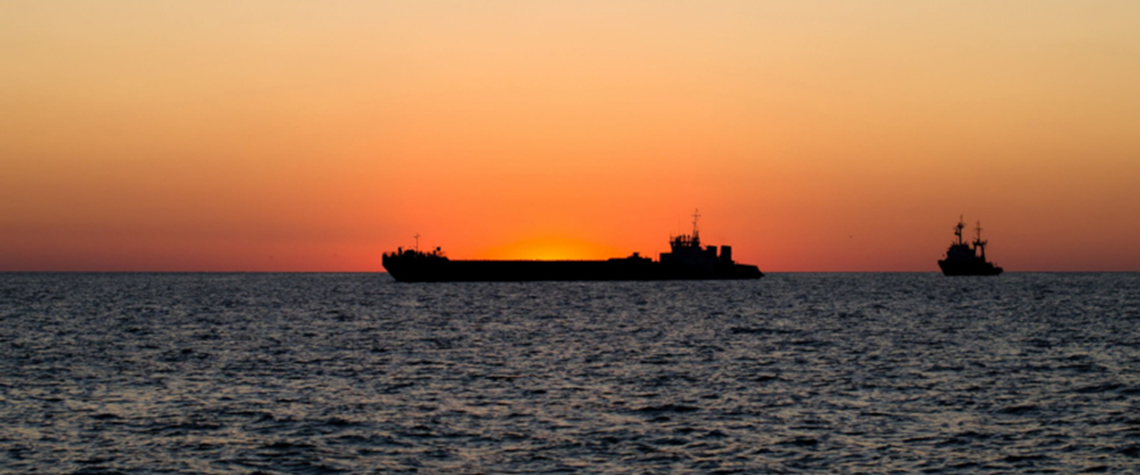Russian seaborne crude exports slow
China and India remain the most important customers for Russian volumes
Russia exported less crude by sea last month amid slumping Sakhalin volumes and a possible increase in domestic refining activity. Europe, meanwhile, remains unable to wean itself of its dependence on Russian diesel. Russian seaborne volumes slowed to around 3.34mn bl/d in July, according to energy analytics firm Vortexa, down by 220,000bl/d from June and 420,000bl/d lower than the “Covid-era peak reached in April”, says Vortexa chief economist David Wech. All Russian regions are exporting less, but the decline “is most pronounced in the Far East”, Wech explains. Sakhalin volumes have slumped as Moscow appears set on squeezing out its foreign partners, with exports declining to just above 5

Also in this section
21 October 2024
Companies operating offshore assets in the region are unlikely to halt development plans for now, even as hostilities intensify
21 October 2024
For the tanker market, recent escalation in the Mideast conflict has largely been offset by soft fundamentals
21 October 2024
The oil markets may be poised to experience a price slump mirroring the history of the gas sector
21 October 2024
Gulf Energy Information will host the largest women's event in the energy industry on 19–20 November in Houston, Texas







